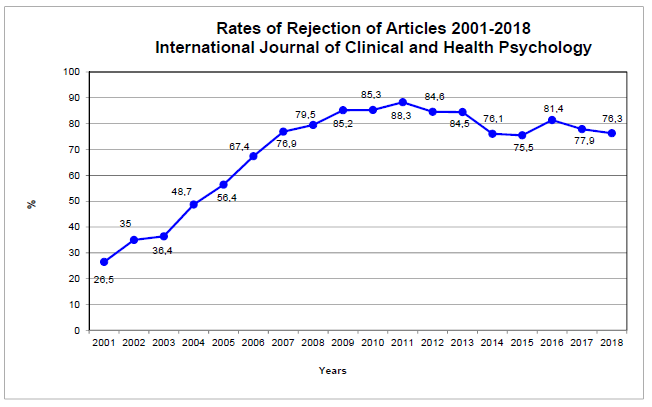Corresponding author at: SWPS University, ul. Chodakowska 19/31, 03-815, Warszawa, Poland.
Journal Information
Statistics
Follow this link to access the full text of the article
Superhero in a skirt: Psychological resilience of Ukrainian refugee women in Poland. A thematic analysis
Maria Barana,
, Halina Grzymała-Moszczyńskab, Marcelina Zjawińskac, Larysa Sugayd, Irena Pujszoa, Yuliia Ovsiienkoa, Viktoriia Naritsaa, Julia Niedziałeka, Marta Boczkowskaa,e
Corresponding author
mbaran@swps.edu.pl
Corresponding author at: SWPS University, ul. Chodakowska 19/31, 03-815, Warszawa, Poland.
Corresponding author at: SWPS University, ul. Chodakowska 19/31, 03-815, Warszawa, Poland.
a SWPS University, ul. Chodakowska 19/31, 03-815, Warsaw, Poland
b Ignatianum University, ul. Kopernika 26, 31-501, Cracow, Poland
c Fundacja Splot Społeczny, ul. Aleja Wojska Polskiego 11, 01-524, Warsaw, Poland
d Centre for Migration Studies at Adam Mickiewicz University, ul. Wieniawskiego 1, 61-712, Poznan, Poland
e Institute of Psychology, Polish Academy of Sciences, ul. Jaracza 1, 00-378, Warsaw, Poland





